It can be argued that economic issues and a sense of ‘Global South’ solidarity could bind the BRICS+ organisation, but it is important not to overlook the influence of complex geopolitical factors on the organisation.
The BRICS+ organisation, which comprises 11 member countries, is dominated by China. Some of the new entrants into the group have strong ties with both the US and China. This includes the UAE and Egypt, which secured membership of BRICS+ in January 2024 and Indonesia, which got membership of BRICS+ in January 2025. It would be pertinent to point out that India, one of the founding members of the group, has had strained ties with China in recent years. Countries like the UAE and Indonesia have repeatedly stated that they would not like to be party to any zero-sum geopolitical rivalry. This is visible in the stance of both countries on key economic and geopolitical issues.
Common ground within BRICS+
On issues pertaining to the Global South, ‘de-dollarisation’ — or trade in local currencies and an alternative global economic architecture to the existing one– there has been a consensus within BRICS+.
Differences within BRICS+
There have been differences over a BRICS+ common currency as well as the approach of the organisation towards the US. Differences over the second issue were evident during the recent meeting of BRICS+ Foreign Ministers in Rio De Janeiro. The final statement issued post the meeting was referred to as “chair statement” – and not a joint statement. This statement did allude to the US’ increasingly inward-looking economic policies, under Trump 2.0, but did not categorically name the US. It would be pertinent to point out, that on the issue of a common BRICS+ currency too, there has been no broad consensus.
BRICS+ and the geopolitical dimension
The attitude of countries vis-à-vis BRICS+ reiterates how, despite the expansion of BRICS+, the organisation can not be de-hyphenated from geopolitical calculations.
Saudi Arabia’s reluctance vis-à-vis BRICS membership
First, Saudi Arabia, which was granted membership of BRICS in 2023, has so far refrained from taking membership of BRICS+.
While speaking at the World Economic Forum (WEF) earlier this year, the Saudi Minister of Economy and Planning Faisal Al-Ibrahim, said: “We’ve been invited to the BRICS, similar to how we’ve been invited to many other multilateral platforms in the past historically. We assess many different aspects of it before a decision is made and right now, we are in the middle of that.”
One of the reasons for Saudi Arabia not taking membership of BRICS+, according to commentators, is the fact that it does not want to annoy Washington DC.
Also Read: Can BRICS Trump Trump?
US President Donald Trump, who had warned of tariffs if the grouping goes for a common currency, will be visiting Saudi Arabia and other Gulf countries (May 13-16, 2025). Both countries are likely to sign not just economic agreements, but talks on a US-Saudi civil nuclear agreement will also be high on the agenda. Trump, along with Saudi Crown Prince, Mohammed Bin Salman (MBS) will also be hosting a joint Gulf Cooperation Council (GCC) summit in Riyadh.
Saudi Arabia’s ties with China have witnessed a rise. In 2023, China’s investment in Saudi Arabia was estimated at over $16 billion and bilateral trade between both countries was well over $100 billion. During Chinese President Xi Jinping’s 2022 visit to Saudi Arabia, a China-Gulf Cooperation Council (GCC) Summit was held.
It would also be pertinent that during the Russia-Ukraine Conflict, Riyadh took a relatively independent stance and also refused to raise oil production even though the US had asked Saudi Arabia to do so.
Venezuela’s interest in BRICS+
Venezuela, on the other hand, which has been facing US sanctions, has shown interest in joining BRICS+. Venezuela’s Foreign Minister, Yvan Gil Pinto, while commenting on the country’s interests in BRICS membership, said ’yes”.
In 2024, Brazil had vetoed Venezuela’s entry into BRICS due to bilateral differences.
Russia had strongly supported the entry of Venezuela into BRICS, while also stating that Venezuela’s entry into BRICS+ is only possible if there is a consensus amongst all members
Russian President, Vladimir Putin, while commenting on Venezuela’s entry into BRICS+ said: “As for accepting Venezuela or any other state into BRICS, this is only possible by consensus. We have a rule: in order to accept any candidate into the BRICS association, the consent of all participants of this association is required. Without this, it is impossible to take such a step.”
During the visit of Venezuelan President Nicolas Maduro to Russia, a treaty on comprehensive partnership and cooperation was signed between Venezuela and Russia. While commenting on the agreement, Maduro said: “Thanks to this treaty, we’ll see how relations flourish between a great Russia, a key power among humanity today, and Venezuela in the coming years.”
In conclusion, while there are certain areas where BRICS+ may find common ground, there are likely to be key differences on several issues. Theoretically, it can be argued that economic issues and a sense of ‘Global South’ solidarity could bind the organisation, but it is important to not overlook the influence of complex geopolitical factors on the organisation.
Disclaimer: The views expressed in this article are of the author solely. TheRise.co.in neither endorses nor is responsible for them. Reproducing this content without permission is prohibited.
About the author
Tridivesh Singh Maini is a New Delhi-based Policy Analyst. He is faculty member of OP Jindal Global University, Sonepat, Haryana.

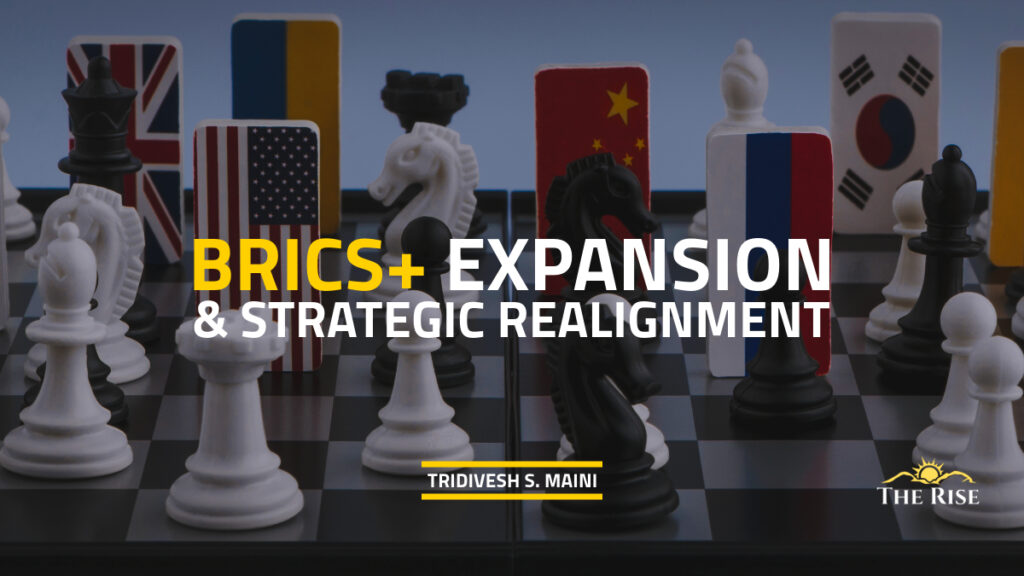

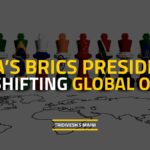

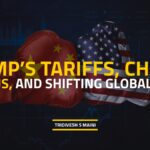







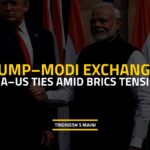
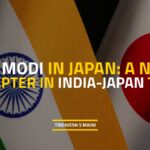




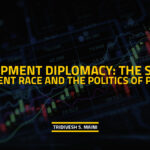


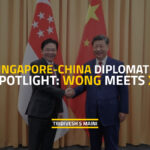


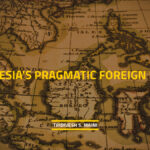






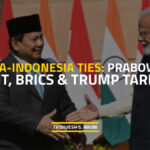

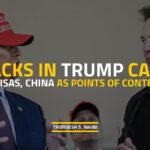

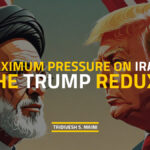

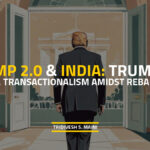
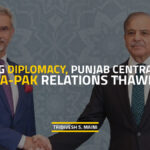





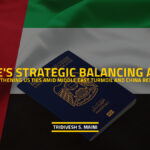
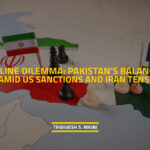
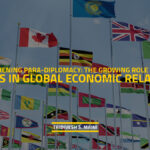

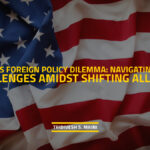
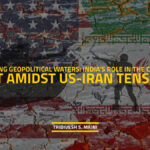
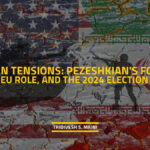
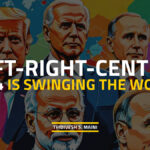


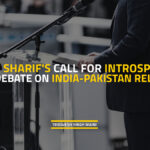



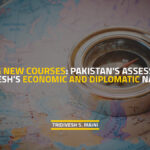

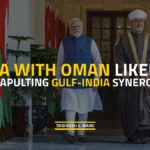


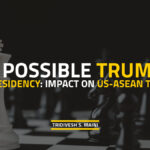

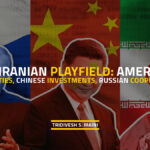
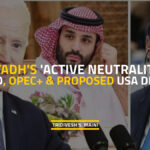
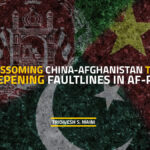
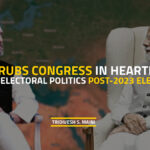
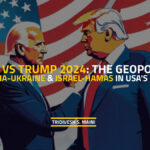
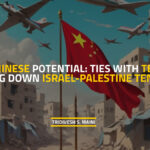



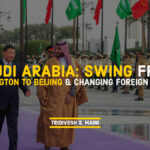

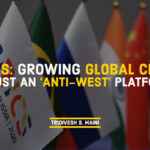

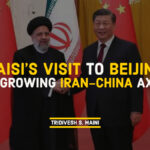






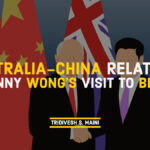



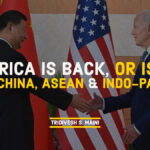

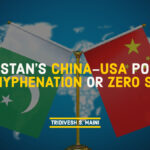
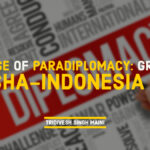

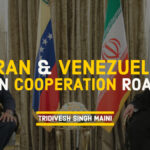

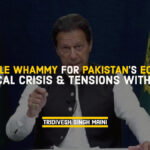
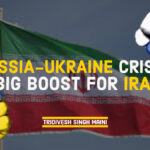
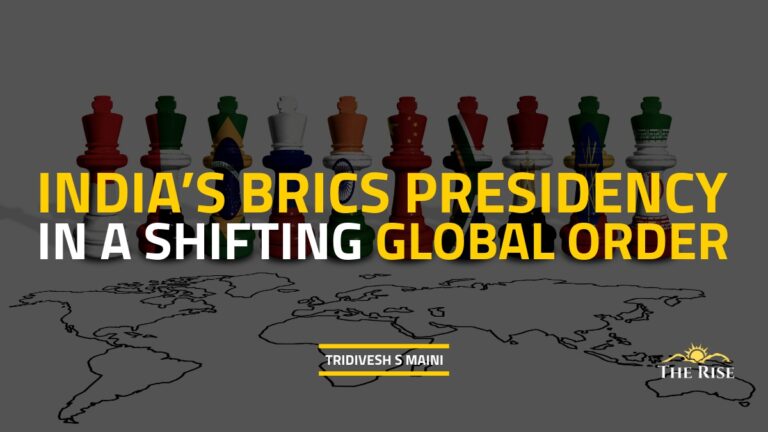



Pingback: From London to Dubai: How Immigration Changes Are Redirecting Student Flows - TheRise.co.in
Pingback: India’s Cautious BRICS Engagement - TheRise.co.in